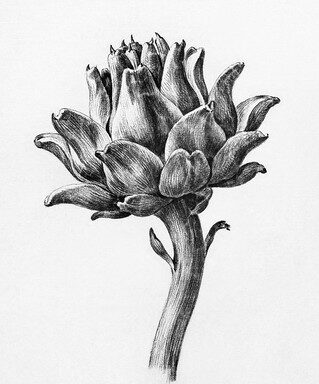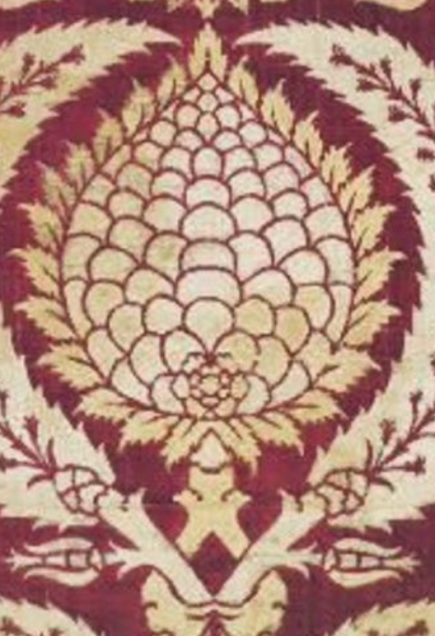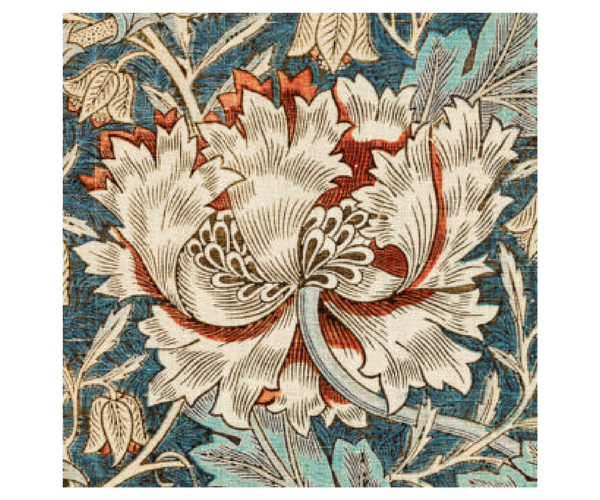Artichokes, known as “enginar” in Turkish, have a rich history in Ottoman and Turkish culture. They were part of Ottoman and Turkish cuisine, as well as medicine, and they were a symbol of prosperity. This project has as many aims as an artichoke has leaves. We hope to demonstrate that Turkish literature is part of a large continuum that spans from Asia to Europe that includes a large array of languages and traditions emanating from the peoples living in what is today Turkey, what was once the Ottoman Empire, and the many diaspora communities.

A second goal is to engage people in discussions about the art of translation. We hope that you will share your own alternative translations with comments about why you made certain choices. Different translations even ones that include mistakes intentional or unintentional will reveal something about the original. We hope to provide resources for learners, instructors, and simply those who are interested in such literature.

Last but not least we hope to share the joy of reading a beautiful piece of art that reminds us of our common humanity. This is a long-term project and a labor of love. We hope that you will join us by sharing your translations with us and commenting on the choices we make when we translate — whether translating “o” as he, she, it or they or keeping a Turkish word to insist on the foreignness of the original.
